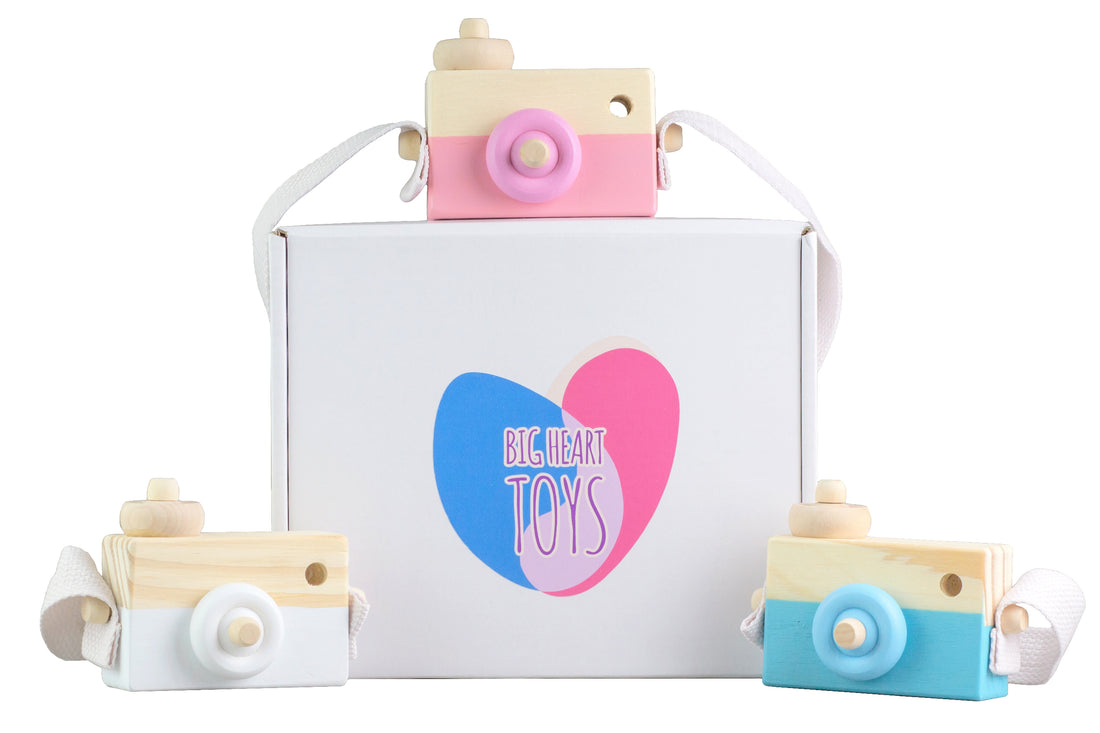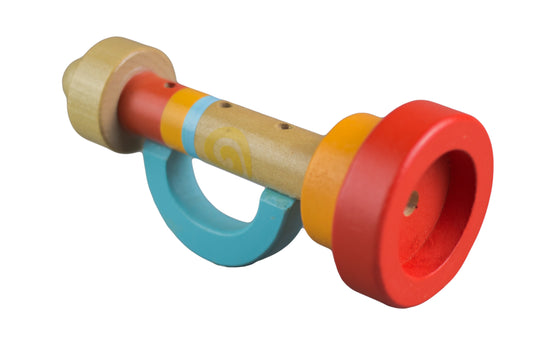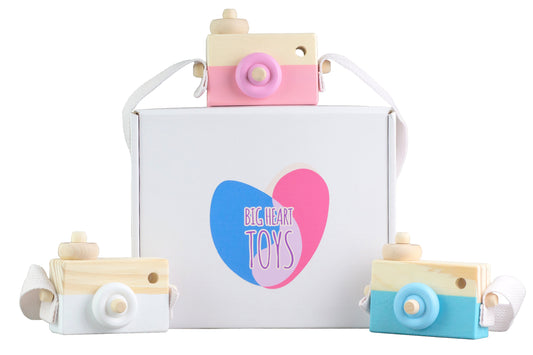We want to make sure our children have everything they need, but how do we teach things like confidence? Some children will naturally be talented at this, and others can struggle. Even if confidence doesn’t come naturally to your child, it’s something that can be taught with love and kindness.
Confidence can flourish with the right guidance. Here are some insightful ways you can help confidence in your child blossom:
Model Confidence
Children learn by watching us. Behavior modeling is the first way a child learns; it’s been proven over and over again. Model confidence in front of your child, and they will watch to copy later on. How do you show confidence?
You can model confidence with your outward phrasing:
- “This is hard, but I will try anyway.”
- “I can do anything I put my mind to.”
- “Wow, I did something hard, and it went well.”
- “I am confident in my abilities to solve my problem.”
- “I am confident in my ability to finish my task.”
When verbalized, the child can connect an inside emotion outwardly. You might even hear them give themselves a nice little pep talk. This is a really good reminder to yourself you are not too old to grow more.
Set Children Up for Success
Setting kids up for success doesn’t mean taking over and completing tasks or problem solving for your child. Teach them the small steps to achieve their bigger goals. Walk them through what they can do to solve their problems and finish tasks.
Let them find out for themselves how capable they are. Build a base of the basics and let them build upon that to reach great heights. When they realize they are capable, this will naturally lead to more confidence.
This can also mean showing them how to set smaller goals that then lead to a bigger goal.
Here are some examples of small steps to larger goals when learning to play piano:
- Learn to play scales
- Learn music chords first
- Learn what music notes look like to read the chords on music sheets
- Learn a small, simple song
- Tackle a more complex song
- Have the confidence to play any song they wish
As a snippet from a famous little childhood poem goes in the book Where The Sidewalk Ends: How do you eat a whale? One bite at a time. This can be the same when you want to grow, little by little.
Praise Children Appropriately
You want to encourage each win, but you should avoid overpraising. It is good to tell a child how proud you are of them and their work. This can become just another thing their parents say - mix in this: Are you proud of yourself?
It’s amazingly simple: Let your child know others do not need to be proud of you because you can be proud of yourself. This helps them gain confidence in themselves and not seek out approval from others. Start this small adjustment now and watch how the positive effects unfold.
In general, compliments should be focused on aspects that children can control. For example, you want to praise a child’s sense of style rather than what they look like. Similarly, praise them for working hard on studying rather than “being smart.”
Let Your Child Struggle (Just a Little)
This is tough, but let them struggle. As parents, the second we see our kids struggle, we want to step in and help right away. However, that action takes from our children the opportunity to problem-solve on their own. Supervise and step in after they have spent a little bit of time working out the problem themselves.
Give your child encouragement during their struggle:
- I know you can figure this out
- What have you already tried?
- What are other things you can try?
- Hmm, I see this is tricky for you, but you can do it.
- You can do hard things.
If you do need to step in, let them know how you saw their efforts and talk through ways they can complete the task next time without help. When you see them complete a task on their own that they previously struggled with, make sure you celebrate their accomplishment.
Try something like, “Oh yeah, rock star, look at how you accomplished that task on your own! Don’t you feel proud of yourself?”
Focus on Strengths
As parents, we need to be careful about pointing out the shortfalls of our children. This means instead of nitpicking and focusing on the things your child needs to improve, focus on the wonderful things they can accomplish.
Show them how their strengths make them special. Explain that we all have different strengths, and that helps to make us special in our own ways. Despite our shortcomings, look at all the things we can accomplish.
We don’t want to compare one child to a sibling or their peers in class. After all, comparison to others is the thief of joy.
When your child understands to look at their strengths and that they will be different from others then they can be proud of their unique abilities. This also leads to a fun conversation about how our strengths have the ability to help others. Teamwork makes the dream work.
Use Play To Encourage Confidence
Play teaches children faster than any other way. It is the application of what they have seen and learned. Pretend play is an opportunity to teach confidence.
Example of Pretend Play To Build Confidence:
Here is a possible dialogue incorporating toys and pretend play, “I see you have a play camera. Let us take this camera and create a photoshoot. You can be a photographer and take pictures of anything you like. What are you taking pictures of? That was a masterpiece!”
Imagination is a powerful tool. After pretending to fight back swashbuckling pirates or training a fearsome lion, your child will feel the same feelings as if those experiences actually occurred.
Importance of Teamwork
Put the phrase “teamwork dream work” somewhere that your child can easily and regularly see (like the fridge) if your little one joins a sports team.
People will learn more than just confidence being on a team. They can put to practice trying, failing, then getting better.
It’s Okay To FAIL
Sometimes the day is a gift, and sometimes the day is our teacher. Learning through our mistakes doesn’t always feel pleasant, but it’s invaluable in terms of growth.
Perhaps it would help to imagine “FAIL” as an acronym:
F - First
A - Attempt
I - in
L - learning
We’re not going to be perfect the first time we try a new thing; we will likely fail. There are steps we need to learn, and sometimes the only way to learn the right way is to do it wrong the first time. Let them know perfection is not the goal.
When your child can let go of the need to please and be perfect, they can truly shine as themselves. The stress is lifted.
They will be free to try different ways to solve problems and work things out. Kids can venture out with confidence, knowing that if they fail, it’s okay. It’s better to try, fail, and get back up than never try in the first place.
Perfection is not attainable. Perseverance over perfection. That’s what we call the growth mindset.
Monitor Progress
How can you tell if your child is gaining more confidence?
You can help your child monitor progress in a few ways:
- Have them journal
- If they are a part of a team, ask their coach what they’re like in practice
- Celebrate their accomplishments (and all their efforts)
You might notice your child:
- Engages in more confident self-talk
- Approaches problems with a more relaxed mood
Encourage Confidence, Discourage Ego
There is a fine line between confidence and cockiness. Confidence stems from self-worth, trying new things, and understanding where you are at and what more you can learn. Cockiness is bravado; it is putting yourself above others.
You see how if your child develops too much of an ego for themselves, it can turn quickly into a different form. Your child might find it hard to know the difference and will rely on you to help them know where the fine line is. Gently guide them with instructional materials focused on using manners and playing nicely.
Make Your Child Feel Valued
An excellent way to help your child feel valued is to give them age-appropriate chores around the house. You might get some backlash or grumbles about this implementation of gaining the skill of confidence.
Your child will learn essential skills for the future and see the value they can bring to the family unit by helping around the house. It’s not just loading a dishwasher; it’s helping Mom, who just made dinner and is grateful to have something taken off her plate.
These do not have to be chores they complete daily. Having at least one chore that they are expected to help with once a week will do the trick.
Love Loudly and Proudly
The last way to increase confidence in your child is the easiest way. The simple way to help your child in any capacity is to show them your love. Let them know how much you love them every day.
Truly, it’s not possible to say “I love you” too many times to those you adore. Freely give out hugs and kisses; ask first because your child does have a choice to say not now or no thank you. Take the time to show them they matter to you deeply.
Love comes in many forms and can be shown in different ways. Each different way is going to help your child knowing their parents have unconditional love, just for them.
Confidence building is not hard, but it might take some time, and there could be barriers that might get in the way from time to time. Knock down barriers with a big open heart and know you have the tools to help your child thrive. Confidently grow, learn, and play!
Sources:
Your Child's Self-Esteem (for Parents) | Nemours KidsHealth
12 Tips for Raising Confident Kids | Child Mind Institute
9 Secrets of Confident Kids | Parents
What Having a “Growth Mindset” Actually Means | Harvard Business Review






